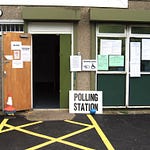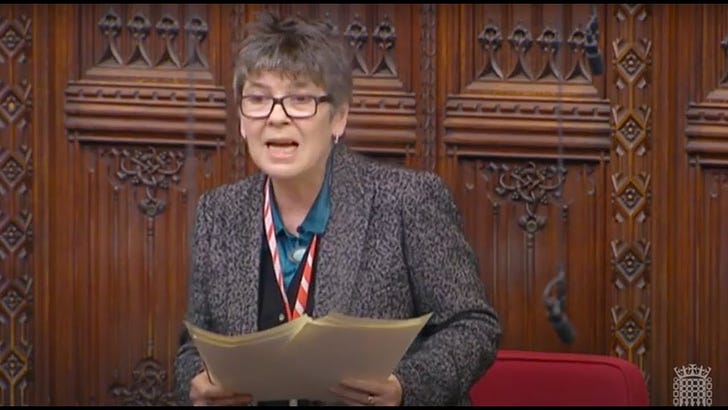From the Battle of Ideas 2015
Last year marked the fiftieth anniversary of the launch of the Free Speech Movement (FSM) at the University of California, Berkeley, through which academics and students successfully overturned the censorious policies of university management. Against the backdrop of McCarthyism, the FSM ushered in a new era of student activism across the US and Europe, with free speech at its heart. So it is striking that today, student radicals appear to be at the forefront of calling for restrictions on what they and their fellow students are allowed to say, read and hear.
In February, the online magazine spiked launched the UK’s first Free Speech University Rankings. It found that 80 per cent of universities censored speech, and that the vast majority of this was carried out by students’ unions. No Platform policies, which originally banned fascist speakers, are now used to ‘protect’ students from a wide range of controversial ideas, and not only right-wing ones; even feminist speakers have been disinvited because some students objected to their views. At the other end of the spectrum laddish comedian Dapper Laughs was banned from Cardiff University after campaigners claimed he promoted ‘rape culture’. And last October, a high-profile debate on abortion was cancelled at Christ Church, Oxford, after protesters claimed the discussion would harm the emotional wellbeing of female students and make them feel ‘unsafe’.
One former student union president has argued that while inviting speakers is not in itself an endorsement, it could be seen as ‘legitimating their views as something that’s up for discussion’. Should some issues be seen as beyond discussion, if discussing them is likely to upset students? Toni Pearce, the current president of the National Union of Students, has declared: ‘I’m really proud that our movement takes safe spaces seriously.’ But should safety on campus really extend to protection from emotional as well as physical harm? Or should students be expected to cope with controversial ideas. Should campuses be bastions of open debate, where anything goes, or does creating ‘safe spaces’ actually allow many vulnerable students more opportunity to speak their minds? Is this trend exclusive to campus life, or are student leaders responding to a wider censorious culture? And what is the future of student politics, now that spirit of the Free Speech Movement seems a distant memory?
Speakers Ian Dunt editor, Politics.co.uk; political editor, Erotic Review
Christina Hoff Sommers writer and resident scholar, American Enterprise Institute; host, weekly video series, The Factual Feminist
Gia Milinovich producer, broadcaster, professional dork
Tom Slater deputy editor, spiked; coordinator, Down With Campus Censorship!
Chair Ella Whelan staff writer, spiked; writer, Spectator














Share this post